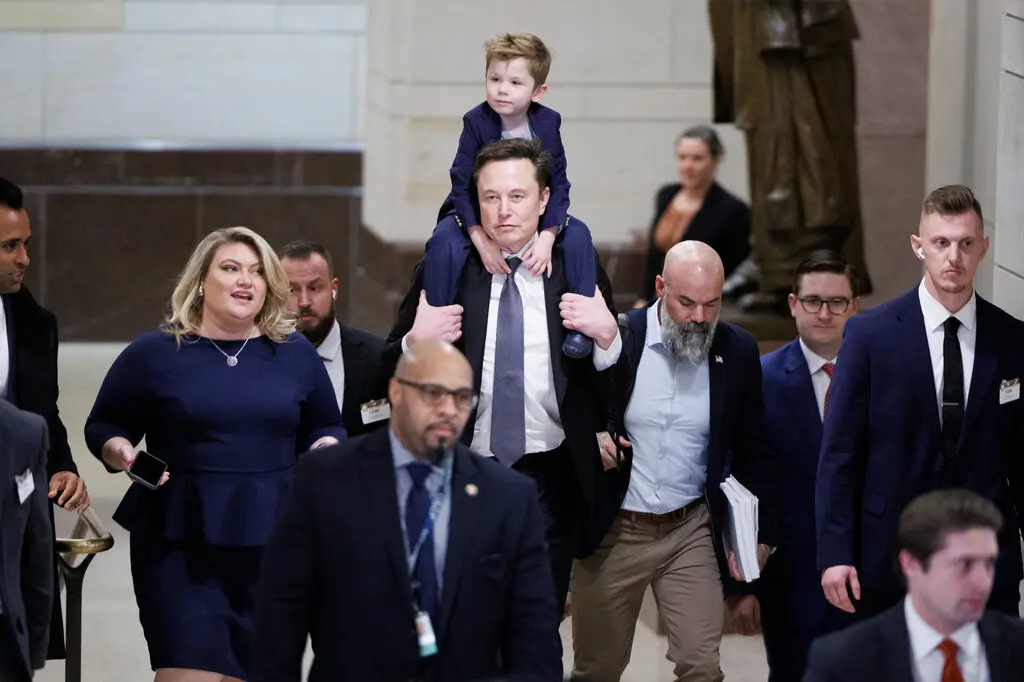Trump wants to end birthright citizenship. Can that really happen?

Former President Donald Trump has reignited the debate over birthright citizenship by declaring his intention to end the practice, which grants citizenship to anyone born on U.S. soil, regardless of their parent’s legal status. This move has raised significant questions about its feasibility and the broader implications for the American legal system. While Trump’s position is not new, having made similar statements during his presidency, the idea of abolishing birthright citizenship is complex and faces substantial legal and constitutional hurdles.
Birthright citizenship is enshrined in the 14th Amendment to the U.S. Constitution, which was ratified in 1868. The amendment states, “All persons born or naturalized in the United States, and subject to the jurisdiction thereof, are citizens of the United States and of the state wherein they reside.” This provision was originally designed to ensure that newly freed slaves and their descendants could enjoy citizenship and equal protection under the law. Over the years, however, it has come to be understood as granting citizenship to anyone born on U.S. soil, regardless of the nationality or immigration status of the parents.
Trump’s proposal to end birthright citizenship has sparked fierce debate. Critics argue that it is an attempt to undermine a fundamental principle of U.S. law and would have severe consequences, particularly for children born to immigrant families. These critics also point out that such a move would likely create a constitutional crisis, as it would require either a change to the Constitution or a reinterpretation of the 14th Amendment, which could only be accomplished through a lengthy and challenging legal process.
The most direct path to ending birthright citizenship would be through an amendment to the U.S. Constitution. This process is notoriously difficult, as it requires two-thirds of both houses of Congress to propose an amendment and three-fourths of state legislatures to ratify it. This high bar has made constitutional amendments extremely rare in U.S. history, and there is little indication that such broad support for ending birthright citizenship exists among lawmakers or the public.
Alternatively, Trump has suggested that executive action or a Supreme Court ruling could resolve the issue. However, this approach is even more problematic. The President does not have the authority to unilaterally amend the Constitution or reinterpret its provisions. While the executive branch has significant power over immigration policy, changing the definition of citizenship would require a legal challenge and would ultimately be subject to the interpretation of the courts. The U.S. Supreme Court, which has the final say on constitutional issues, would almost certainly need to weigh in on such a significant change. Given that the 14th Amendment has been interpreted consistently over the past century, it is unlikely that the Court would overturn this longstanding legal precedent without a substantial shift in the political and judicial landscape.
Trump’s argument for ending birthright citizenship centers on the idea that it incentivizes “anchor babies”—a term he has used to describe children born to undocumented immigrants who are believed to help their parents gain legal status or stay in the country. Proponents of ending birthright citizenship argue that it encourages illegal immigration by creating a legal loophole. However, studies have shown that the vast majority of children born to undocumented immigrants do not automatically result in their parents gaining legal status. Furthermore, the birth of a child does not provide any guarantee of citizenship for the parents, who may still face deportation or other legal consequences.
In reality, the overwhelming legal and constitutional obstacles to ending birthright citizenship suggest that such a proposal is more of a political rallying cry than a practical policy. Even if a legal challenge were successful, it would likely take years of litigation and legal battles before any significant changes could be made. Public opinion on the issue is also divided, with many Americans supporting birthright citizenship as a fundamental right, while others, particularly those concerned with illegal immigration, support ending it.
In conclusion, while Trump’s call to end birthright citizenship may resonate with certain segments of the population, it is unlikely to become a reality soon. The legal and constitutional hurdles to such a change are formidable, and the political landscape does not appear to support such a drastic shift in American law. However, the debate over birthright citizenship will likely continue, and the discussion surrounding immigration reform will remain a key issue in American politics for the foreseeable future.






